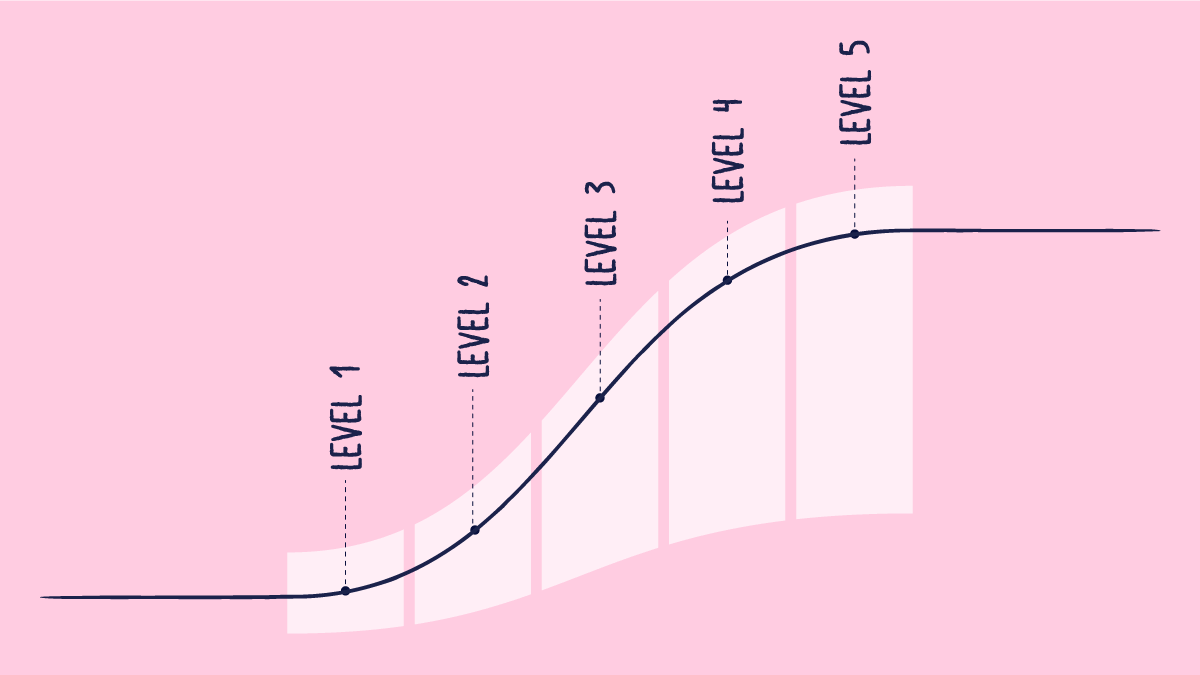Performance Qualification (IQ)
Developing and manufacturing stable and safe devices is difficult for even the most experienced manufacturers. How can you ensure you manufacture highly predictable products with consistent performance and minimal variation? The answer is process validation. Process validation is the framework around your manufacturing process that ensures your device is installed and operates appropriately while providing continuous and stable performance. The third significant phase of process validation, after Installation Qualification (IQ) and Operation Qualification (OQ), is Performance Qualification (PQ).
What is Performance Qualification (PQ)?
Performance qualification answers the questions, "Does my process produce the right results?", and "Is this process safe and consistent?"
The FDA identifies it as "…establishing confidence through appropriate testing that the finished product or process produced by a specific process meets all release requirements for functionality and safety and that procedures are effective and reproducible."
Performance qualification verifies that your device consistently produces the correct results during real-world use and normal conditions. Performance qualification should be performed in conditions as close to real-world use as possible, including being in the facility where the device will be used, trained personnel, using the equipment as intended, and ensuring the same manufacturing processes used when the device is launched into the market.
What tests are performed during performance qualification depends entirely on the device in question. Manufacturers should consider their target user and patient groups and environmental conditions when setting up their performance qualification protocol.
Generally, performance qualification should consider the following:
- Product and process parameters and procedures established during operational qualification
- Product acceptability
- Process capability assurance as established in operational qualification
- Process repeatability and long-term process stability
A performance qualification could demonstrate:
- That a system can handle multiple users without system issues or lag
- That concurrent workflows don't affect each other
- That a test correctly identifies a known material
- That devices work correctly and within defined system requirements during real-world use
Some potential nonconformities that can be identified during performance qualification include:
- Excessive heat
- Excessive vibrations or noise
- Pressure differential
- Process media back-flow
What are the requirements for Performance Qualification?
The FDA recommends establishing written performance qualification protocols that include the processes and conditions surrounding the qualification. This could include:
- Manufacturing conditions and operational parameters, such as device limits and component inputs
- Description of the requirements for demonstrating repeatability and stability
- Standard operating parameters and limits
- Time frame and testing schedule
- Variability limits
- The raw materials used in the manufacturing process
- Which tests you will use to test the device, and the acceptance criteria for each
- Calibration and validation tests to endure quality throughout production
- Which data you will collect during tests, calibration, and validation, and how you plan to assess it
- A sampling plan to ensure confidence in the quality within and between batches
- Facility designs and plan for personnel qualification and training
- Criteria for how you will assess the efficacy of the process and making science- and risk-based decisions
- Validation status of the analytical methods used, including justifications for any data or statistical tools employed during tests
- Plans for how to handle non-conformities, as well as remediation procedures
- Acknowledgements and review and approval status by the relevant personnel and departments
Once the performance qualification has been done, you should prepare the report, summarizing all the collected data and addressing any issues or non-conformities. Each step of performance qualification should include instructions, expected results, and actual results. Any discrepancies between expected and actual results should be tracked and resolved before the validation is complete.
It is also essential to analyze the performance qualification data to determine the normal range of variation. The range of variation will help determine if the device or process is operating normally and in a state of control and if it can consistently produce the expected and specified output. Any variations that can be controlled, such as temperature, humidity, light, material variability, and more, should be eliminated to ensure a higher degree of consistency and degree of assurance in the device's performance.
Why should I do operational qualification?
Short answer: It's required by the FDA.
The longer answer is that, like installation and performance qualification, operational qualification offers several benefits to medical device manufacturers:
- It reduces the risk that devices do not operate correctly or as intended, thus reducing the risk to patients and users impacted by the device.
- Potential device issues can be overlooked. When devices are not running correctly, you risk missing device issues that can cause problems for the user and patients or diminish the device's performance. For example, if your device is not operating as it should, you risk damaged components, software issues, workflow issues, and more. None of these issues might be apparent at first use, but they can cause problems down the line.
- It helps the manufacturer establish and understand the upper and lower limits of function, creating an operating window that ensures that all manufactured devices work as intended within that window. Even when devices are in worst-case settings or environmental conditions, devices should work as intended. Operational qualification helps confirm that that is the case.
- If any issues appear when a device is in use, the process validation documents – which include installation, operational, and performance qualification, can help regulatory authorities and the manufacturer retrace their steps and identify the root cause of the issue.
Operational qualification process
When performing operational qualification, you should generally establish an operational process that includes the following activities:
- Identify the critical operating parameters.
- Describe the experiments for critical variables.
- Check the details for the sequence of experiments.
- Check the specifications of any necessary measuring equipment.
- Define the acceptance criteria for the device operation.
Once you have your process in place, you can start your operational qualification. The first step is establishing your process window. You do that by choosing input and output factors. For example, for a heat-sealing process, your input factors are temperature, time, and pressure, while your output factor could be seal strength.
Next, you run your operation in worst-case settings or worst-case situations. In the case of our heat-sealing process, upper limits could be 160°C, 2.5 hours, and 3.5 PSI. Once you've tested your device at its upper and lower limits, you know that your device still performs as intended, even in the worst-case scenario.
Why should I do Performance qualification?
Short answer: It's required by the FDA.
The longer answer is that, like installation and performance qualification, operational qualification offers several benefits to manufacturers:
- It reduces the risk that devices do not perform correctly or as intended, thus reducing the risk to patients and users impacted by the device.
- Potential device issues can be overlooked. When devices are not performing adequately, you risk missing device issues that can cause problems for the user and patients and diminish the device's performance.
- If any issues appear when a device is in use, the process validation documents – which include installation, operational, and performance qualification, can help regulatory authorities and the manufacturer retrace their steps and identify the root cause.
Additional resources

How to Implement the Continuous Improvement Cycle | Scilife
Even an organization with stellar leadership and a solid core of employees experiences hiccups from time to time. Despite having assembled all the ...

How to assess and enhance your Quality Management Maturity | Scilife
As the life sciences industry becomes increasingly regulated and competitive, quality management has become more vital than ever. Are you confident ...

Best Quality Management Software (QMS) for Life Sciences | Scilife
The right electronic Quality Management System (eQMS) can help strengthen your compliance processes and build a culture of quality within your ...

How to write a good quality plan for medical devices | Scilife
In life sciences, especially if you’re in the medical device industry it becomes harder to manage projects in accordance with your company’s quality ...
Turn quality into your brightest asset with Scilife
